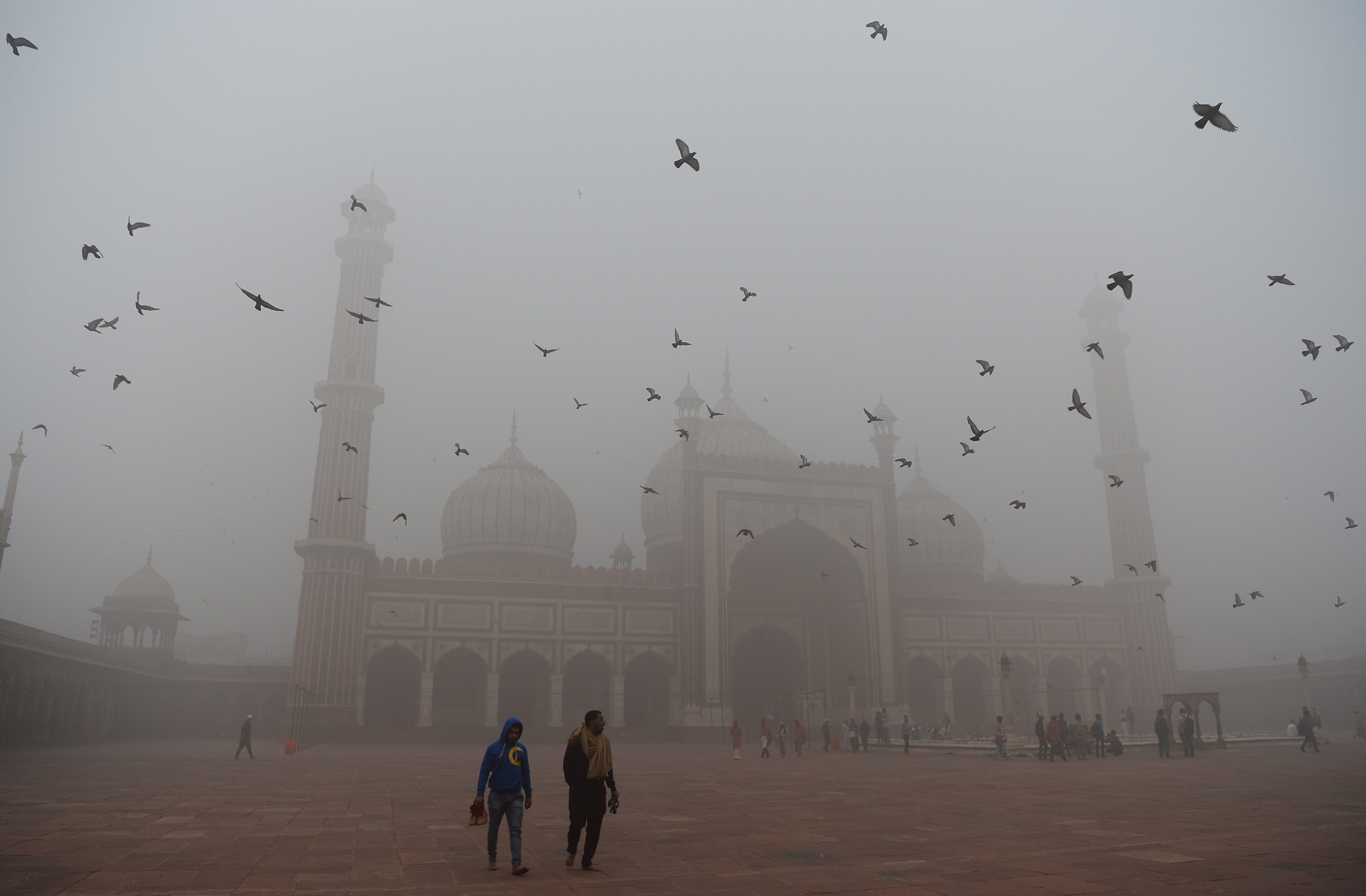
U.S. researchers have discovered that air pollution increases the risk of miscarriage as much as smoking does. The study is the first of its kind to examine how short-term exposure to air pollution impacts pregnancy.

Poisonous particulate matter known as PM 2.5 hit 500 in some parts of New Delhi, with very poor visibility in some areas. Last year, the high was 450 on Dec 23. The recommended level of PM2.5 in western countries is 25.

New research suggests men in their child-bearing years should consider how THC could impact their sperm and possibly the children they conceive during periods when they've been using the drug.

A new study suggests there’s another, more subtle consequence of antibiotic use, at least in young people: a higher risk of developing serious mental illnesses like obsessive-compulsive disorder and schizophrenia.

Nine and 10-year-old kids spending more than seven hours a day using smart devices show signs of premature thinning of the cortex, the brain's outermost layer that processes sensory information.

Dutch research have now found a correlation between the passive use of social media ( aimlessly scrolling through social media feeds ) and depression symptoms like loneliness and fatigue.

Public health experts have found there is sufficient evidence that prenatal exposure to widely used insecticides known as organophosphates puts children at risk for neurodevelopmental disorders.

The study of children in Shanghai found that exposure to fine particles (PM2.5) from vehicle exhausts, industrial emissions and other sources of pollution increased the risk of autism spectrum disorder (ASD) by up to 78%.

Tiny particles of up to nine different types of plastic were discovered during the tests. Plastic in the gut could suppress the immune system and aid transmission of toxins and harmful bugs or viruses, experts believe.

A new scientific study of forecasts and alternative scenarios for life expectancy and major causes of death in 2040 shows all countries are likely to experience at least a slight increase in lifespans.

Global rates of cesarean section use almost doubled between 2000 and 2015, a study has found. However overuse of the surgery can lead to considerable short and long-term effects and health-care costs.

Such a Noah's Ark of beneficial germs would be gathered from human populations whose microbiomes are uncompromised by antibiotics, processed diets and other ill effects of modern society.

A large collaboration of researchers from the EU has found that people who adhered to a Mediterranean diet cut their risk of late-stage age-related macular degeneration ( a leading cause of blindness ) by 41 percent.

A new study reports finds that in Europe, 10 major auto manufacturers produced diesel cars, sold between 2000 and 2015, that generate up to 16 times more emissions on the road than in regulatory tests.

Over 500 new gene regions that influence people's blood pressure have been discovered in the largest global genetic study of blood pressure to date, led by UK.